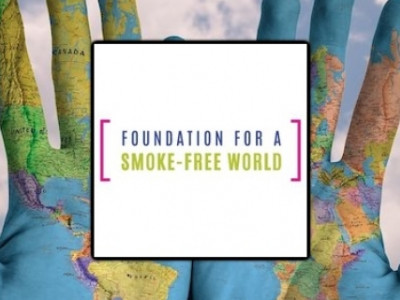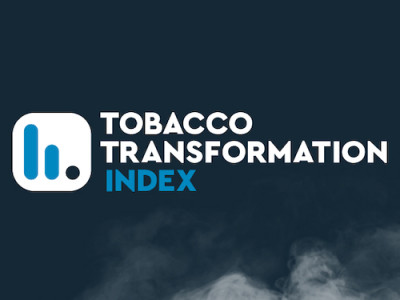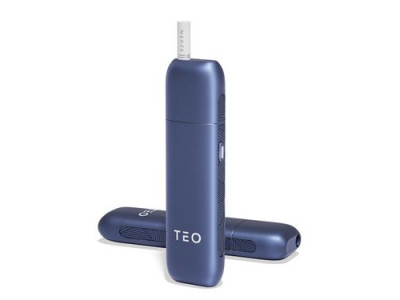The Seoul study maintained researchers, “found that IQOS and Lil cigarettes emitted an average of 9.3mg and 9.1mg of tar, respectively. That was higher than the tar content (4.3–5.8mg) of the five kinds of ordinary cigarettes most commonly sold in the country.”
The team found the three products produced nicotine content at a similar level to tobacco cigarettes, and claimed to discover eight Group 1 carcinogens.
The Ministry of Food and Drug Safety stated: “There are no grounds for arguing that heat-not-burn tobacco devices are less harmful than ordinary cigarettes. However, ordinary cigarettes and heat-not-burn tobacco devices may include different kinds of tar, which limits the utility of comparing harmfulness based on the detected amount.”
HNB products have gown in popularity in South Korea since last year’s launch. Sales topped 30.4 million units in May, but sales figures declined following the announcement by the government.
Japan was the first target market for HNB products as there is little vaping to speak of, thus competition for reduced harm products is negligeable.
Brian Kim, PMI’s corporate affairs director, said: “Due to the focus on tar, the ministry’s study resulted in encouraging customers to stick to conventional cigarettes instead of choosing products that contain sharply lower levels of harmful compounds,”
Corey Henry, PMI’s U.S. Media Relations and Engagement manager, added: "The assessment conclusions focused on 'tar', an outdated and potentially misleading measure, rather than on the relatively lower levels of harmful compounds, which the ministry acknowledged to be dramatically lower in heated tobacco product aerosol than in cigarette smoke. Obviously, the best choice is to quit smoking altogether; but the millions of Koreans who smoke have a right to choose better options based on accurate and non-misleading information.”
The Seoul study contradicts previous studies, including one by Dr Konstantinos Farsalinos.
In the presentation last year, Farsalinos highlighted three studies carried out without support from the tobacco industry. Schaller et al. (Regul Toxicol Pharmacol 2016) found the only way to elevate nicotine delivery was to indulge in “intense puffing”. All the studies found that nicotine delivery is less than a cigarette but more than an ecig.
Auer et al. (JAMA Intern Med 2017) agreed with the Schaller study, and found that toxin production was substantially lower than the products of combustion from a tobacco cigarette – although there were some odd measurements reported in this one.
Farsalinos compared PMI data to that produced by his own study, the full presentation is shown below:
PMI’s decision to take Seoul’s Ministry of Food and Drug Safety to court is grounded in the fact that the government has refused to release details regarding its full results, the methodology or the data set.
PMI is arguing that South Korean law demands such a study is published for public access. If they are content to fudge when it comes to HNB, what price the Korean government adopt the same tactic for vaping next?
Dave Cross
Journalist at POTVDave is a freelance writer; with articles on music, motorbikes, football, pop-science, vaping and tobacco harm reduction in Sounds, Melody Maker, UBG, AWoL, Bike, When Saturday Comes, Vape News Magazine, and syndicated across the Johnston Press group. He was published in an anthology of “Greatest Football Writing”, but still believes this was a mistake. Dave contributes sketches to comedy shows and used to co-host a radio sketch show. He’s worked with numerous vape companies to develop content for their websites.
Join the discussion
Foundation Splits From Tobacco Funding
With a new President and Chief Executive Officer at the helm, the Foundation for a Smoke-Free World has acted to eschew tobacco industry funding and seeks wider cooperation and understanding
UKVIA Goes Tobacco Free
Tobacco company membership of The UK Vaping Industry Association has ended and the trade body says no new memberships will be granted to companies linked to the sector
The 2022 Tobacco Transformation Index
The Foundation for a Smoke-Free World has released its 2022 Tobacco Transformation Index, detailing the activities of the tobacco industry that influence achieving a smoke-free world
Tea Leaf Heat-Not-Burn
Neafs has launched a revolutionary tea leaf-based heat-not-burn product to the United Kingdom and is carrying out a huge marketing push












